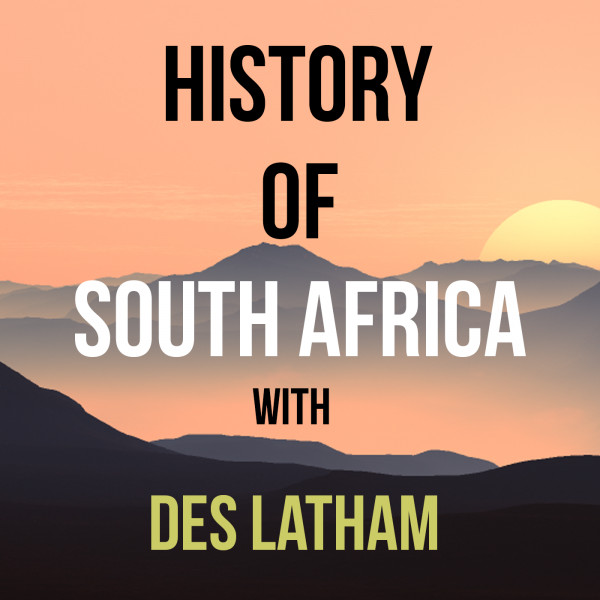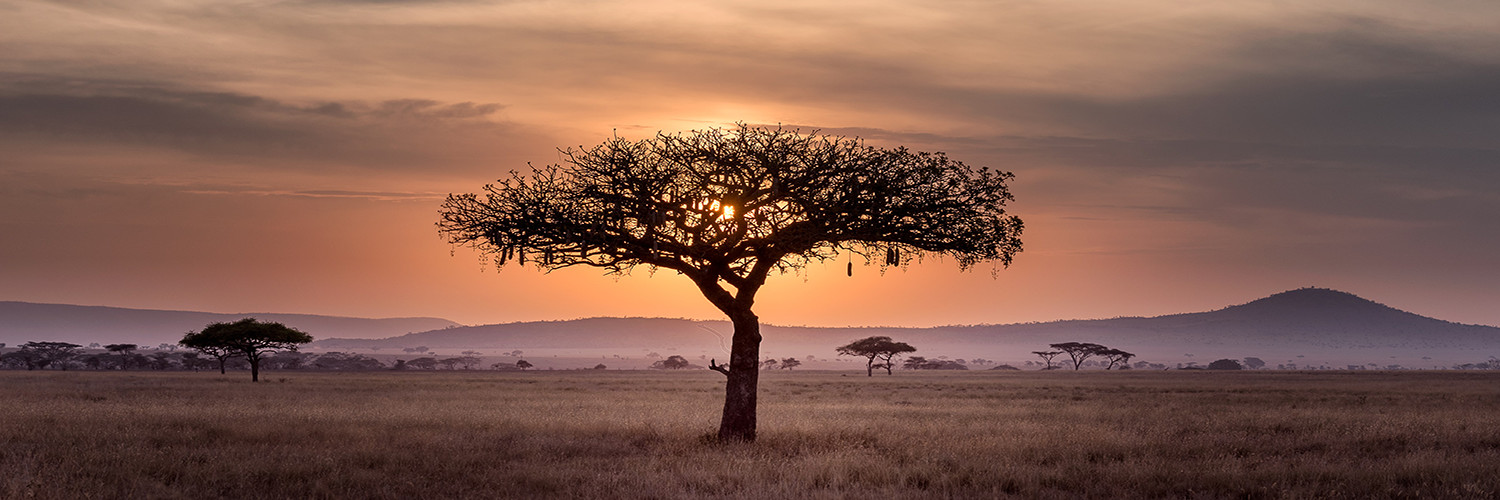
Episode 85– Honey birds, leopards, gardens of cattle and a bloody ochre harvest
--:--
This is episode 85 and as we’ve heard, the English settlers have just arrived in the Albany district – the year is 1820.
It had taken three months and now all 5000 new settlers were ensconced on their land. For these settlers, it was an epic of pathetic naiveté and makeshift survival. They would need to adapt or disappear.
It was bewildering to most, they originated from England, Scotland, Ireland and Wales, sailed across the Atlantic Ocean, survived the landing at Algoa Bay, and then they’d been driven to their farms on the frontier by ox wagon where they were left without so much as a helping hand.
No effort was made to offer advice, and they were forbidden to approach the amaXhosa or Khoekhoe for help. Their sons were going to herd the livestock and till the fields, unlike the Boers who used Khoehoe and mixed race men and women to do their hard work.
This landscape appeared perverse, waterless and yet vegetated. The wildlife was breathtaking, elephants would roam about beside thorn fences hastily erected. Thomas Pringle’s party had arrived at Bruintje’s Hoogte when after a few days, their first lion began to roar at midnight.
The Scots poet and humanitarian Thomas Pringle who was shocked by how the Boers treated their Khoekhoe slaves initially, then seemed to approach the matter of race relations in a more philosophical bent. This is where Miles Bowker, remember the man descended from Elizabeth Bouchier who married Oliver Cromwell, this is where his family began to excel. The Bowkers turned rather rapidly into what some called “a tough lot…” survivors of the first order remoulding themselves into Africans.
It had taken three months and now all 5000 new settlers were ensconced on their land. For these settlers, it was an epic of pathetic naiveté and makeshift survival. They would need to adapt or disappear.
It was bewildering to most, they originated from England, Scotland, Ireland and Wales, sailed across the Atlantic Ocean, survived the landing at Algoa Bay, and then they’d been driven to their farms on the frontier by ox wagon where they were left without so much as a helping hand.
No effort was made to offer advice, and they were forbidden to approach the amaXhosa or Khoekhoe for help. Their sons were going to herd the livestock and till the fields, unlike the Boers who used Khoehoe and mixed race men and women to do their hard work.
This landscape appeared perverse, waterless and yet vegetated. The wildlife was breathtaking, elephants would roam about beside thorn fences hastily erected. Thomas Pringle’s party had arrived at Bruintje’s Hoogte when after a few days, their first lion began to roar at midnight.
The Scots poet and humanitarian Thomas Pringle who was shocked by how the Boers treated their Khoekhoe slaves initially, then seemed to approach the matter of race relations in a more philosophical bent. This is where Miles Bowker, remember the man descended from Elizabeth Bouchier who married Oliver Cromwell, this is where his family began to excel. The Bowkers turned rather rapidly into what some called “a tough lot…” survivors of the first order remoulding themselves into Africans.
